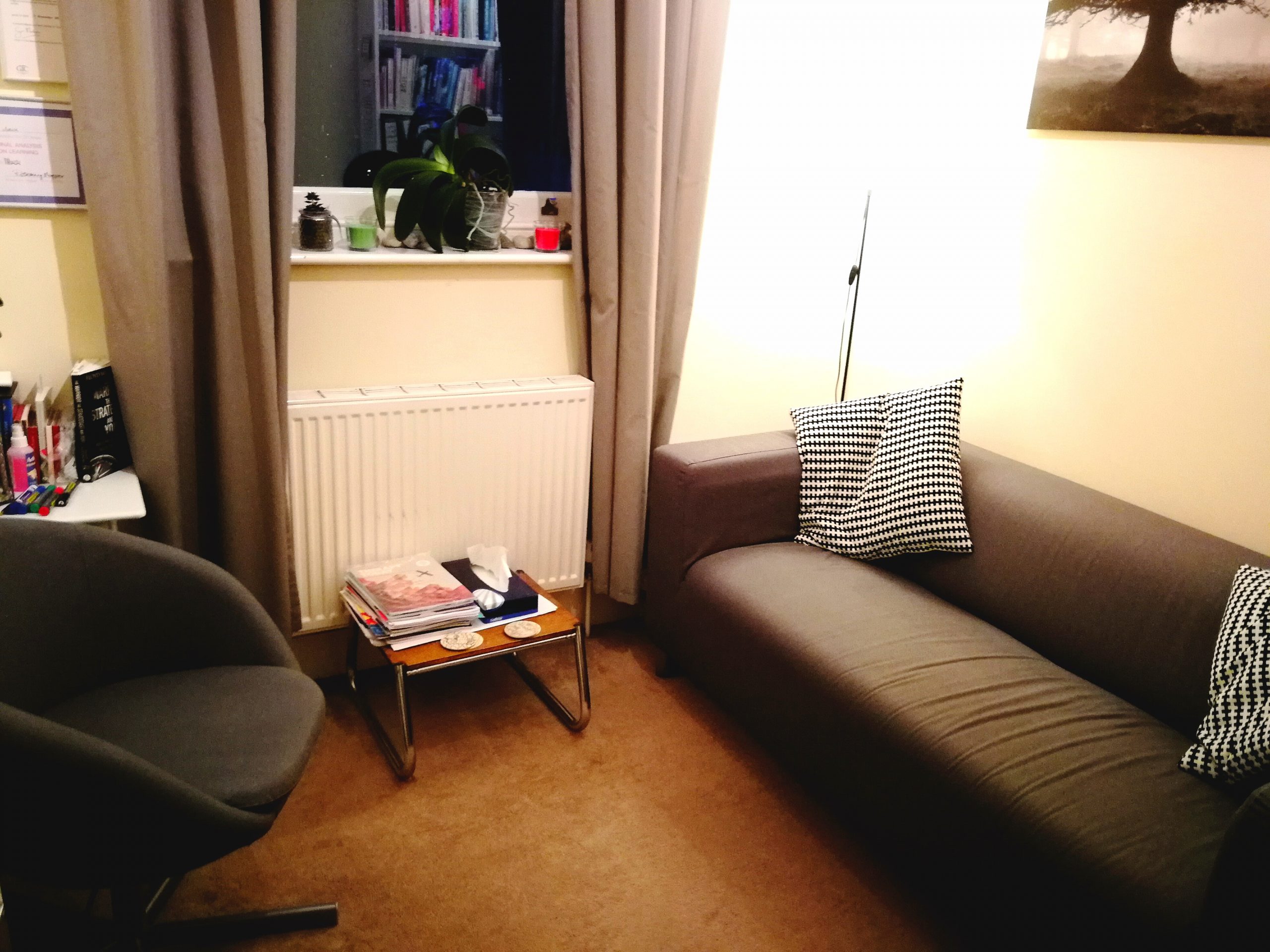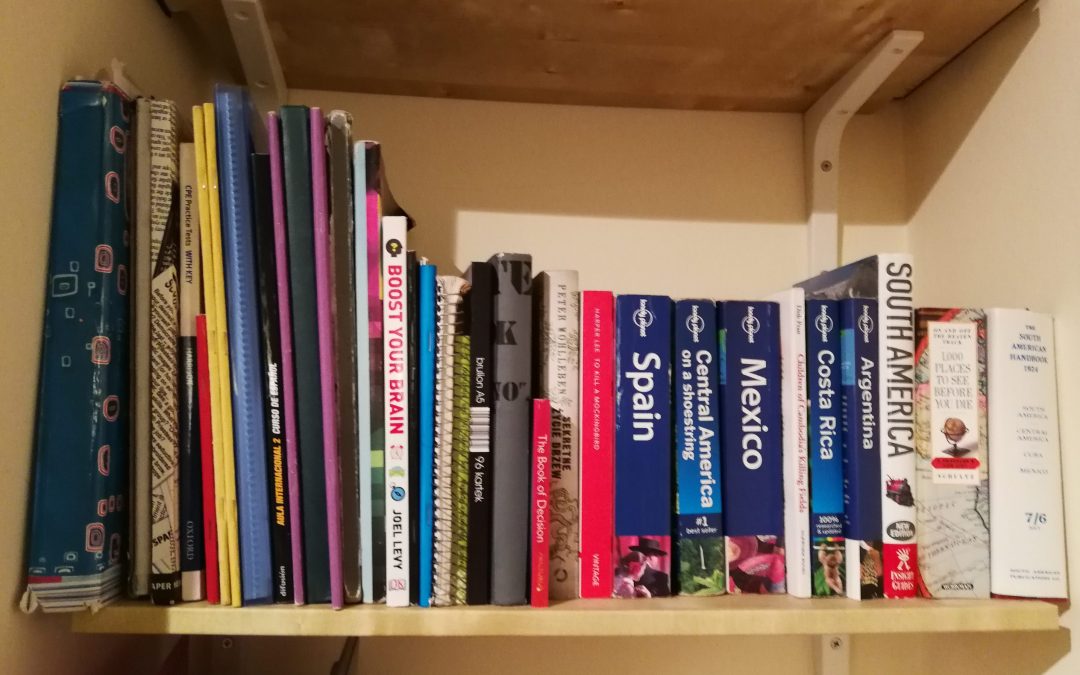When I did my counselling training I would occasionally meet up for a drink with some of my psychologically minded friends. We would have a good chat, exchange views on various aspects of theory and sometimes mention an interesting piece of insight from our therapeutic journey. Not too much of course, as we were well aware of boundaries. It’s not a great idea to dilute the counselling talk too much as otherwise, it loses its potency. One thing was clear, though. We loved the process, we were curious about it, we felt challenged, protected, alive and inspired. Yes, it sounds really nerdy.
However, if you think that counselling consists of lengthy and analytical discussions, think again! Some people hold the view that talking to a counsellor is painful, excruciating or laborious and at the end of it all, you are fully analysed and enlightened. Others believe that counselling sessions merely amount to tea and sympathy conversations that permit you to vent your grievances, but with no actual impact on the quality of your life.

counselling is more dynamic that just having cozy chats
What do counsellors really do?
The reality of it is quite different. Many counsellors are dynamic, witty, hilarious and, I dare to say, badass. They challenge unhelpful patterns with courage, they’re deeply loyal and loving, they feel for and with their clients.
There are, of course, many schools of counselling. Some approaches focus on your beliefs and how they shape your feelings (cognitive); others explore the unconscious patterns established in your childhood and how these manifest in the relationship with your counsellor (psychodynamic); there are plenty more approaches such as systemic, existential, arts-based or Gestalt…. I could go on, in brief, there are over 400 schools of psychological thought, which is enough to give you a head-ache. How do you decide then what sort of approach is the right one? Thank God we can resort to research, which clearly says that the approach does not make so much difference in fact. Michael J. Lambert (1992) noticed decades ago that the client percentage improvement as a function of therapeutic factors was following:
- extratherapeutic change (40%) – what happens in your life outside of counselling;
- client’s expectancy – placebo (15%) – if you think it’s gonna help, then it will;
- techniques, meaning the approach (15%) – only 15 % of change depends on your chosen school of counselling;
- common factors, including therapist chracteristics AND the counselling relationship (30%) – if you like and trust your shrink and you have a positive relationship, you will have better outcomes;
The most important skill of a counsellor is to offer a safe, empathetic, attuned and responsive relationship. In other words, the origins of our problems start in relationships and are solved through relationships. The approach does not matter so much:
“Although there are a large number of therapies, each containing its own rationale and specific techniques, there is little evidence to suggest the superiority of one school or technique over another.” (Lambert, 1992)

positive change emerges from the shared relational space
In other words, if you’d like to make the most of your investment in counselling, take full responsibility for your life and seek additional support apart from the sessions, value your efforts and contributions to be well, pick an approach that makes sense to you and listen to your feelings when choosing your therapist so that you work with someone you are comfortable with.
With all of this in mind, I’d like to combine a list of the most funny and impactful one-liners that my therapist delivered over the years. This is partially as a tribute to them and partially it is an account of what a counselling relationship can offer. Let’s go then!
“I know you have a good bullshit detector.” – counselling is fantastic tool for identifying strengths ![]()
“The bully inside you is subtle, and yet powerful and insidious.” – nothing more challenging than gaining awareness of your blind spots ![]()
“If you’re struggling financially now, I am in a position to offer you a discount. Relax… Counselling doesn’t work if you access it from a position of deficit.” – bringing a sense of realism with a tinge of compassion… Yes, please ![]()
“You make yourself bad.” – well, well, the familiar sense that some of us have from time to time, feeling less than, believing we are deficient. Counselling enables you to take ownership of your negative self-talk and grow into your positive idenitity ![]()
“Let’s cut through the bullshit” WTF does it really mean?” – I know this intervention sounds inglorious, but the bottom line is that counsellors help specifying the relevant aspect of the issues that haunt us ![]()
“This time our work has a housekeeping dimension to it. You are nesting and dusting off your qualities so that they can shine.” – an ongoing counselling relationship enables clients to consolidate their change and grow into the best versions of themselves ![]()
“If you want to own your power and potency, you need to own your penis.” – yes, this sounds very Freudian, right? Anyways, it illustrates how therapists provide insight into internal dynamics that result in awareness and enhance the maturation of the psyche. By the way, deep down, I still haven’t understood what this means and what ownig my genitals might look like lol ![]()
“Your heightened sensitivity comes from your diet, meditation and exercise. This is a result of your journey of self-actualisation” – isn’t this great when someone just explains something to us so that we really know what makes us tick? ![]()
“It’s O.K. for you to feel sad when you’re unwanted.” – the bread and butter of therapy is compassion and normalising our human experience. ![]()
“Life is meant to be uncomfortable.” – I really don’t wanna hear it, O.K.? Nonetheless, I do appreciate the existential challenge offered to me. Alright, let me think about this one… ![]()
“What is the price you pay for being a nomad?” – well, there are benefits and limitations to every lifestyle. Counselling is about promoting self-agency and personal autonomy. It’s really to enhance client capacity for self-determination. We can own our choices and accept the consequences that come with them. C’est la vie ![]()
So what?
My hope is that by getting familiar with the ins and outs of counselling, the general public will no longer perceive therapeutic work as something misterious or magical that should only be accessed by those cursed with some serious mental health disorder. Talking your issues through with a counsellor will not only alleviate distress, but also uncover your innate impulses for growth and development. When we call it coaching in the corporate world, all of a sudden it becomes something cool to do, an indicator of your status and a badge of honour (“Wow, she’s got a meeting with an executive coach!”). In fact, lots of coaching techniques were born from counselling practices and are based on humanistic or sports psychology. It is really a matter of marketing. Needless to say, counselling is a significant investment and it positively impacts people’s lives. Do you think it’s worth it?

Hola Jefe, esta buenísimo el sitio. 👍Me gusta mucho los aspectos que cubre.
Pero hay tres pequeñas faltas en el texto. Tendré que indicarte donde.
Muchas gracias! Tendrias que decirme donde 🙂 Lo que pasa, mi spell check a veces deja de funcionar. Asi es la vida!